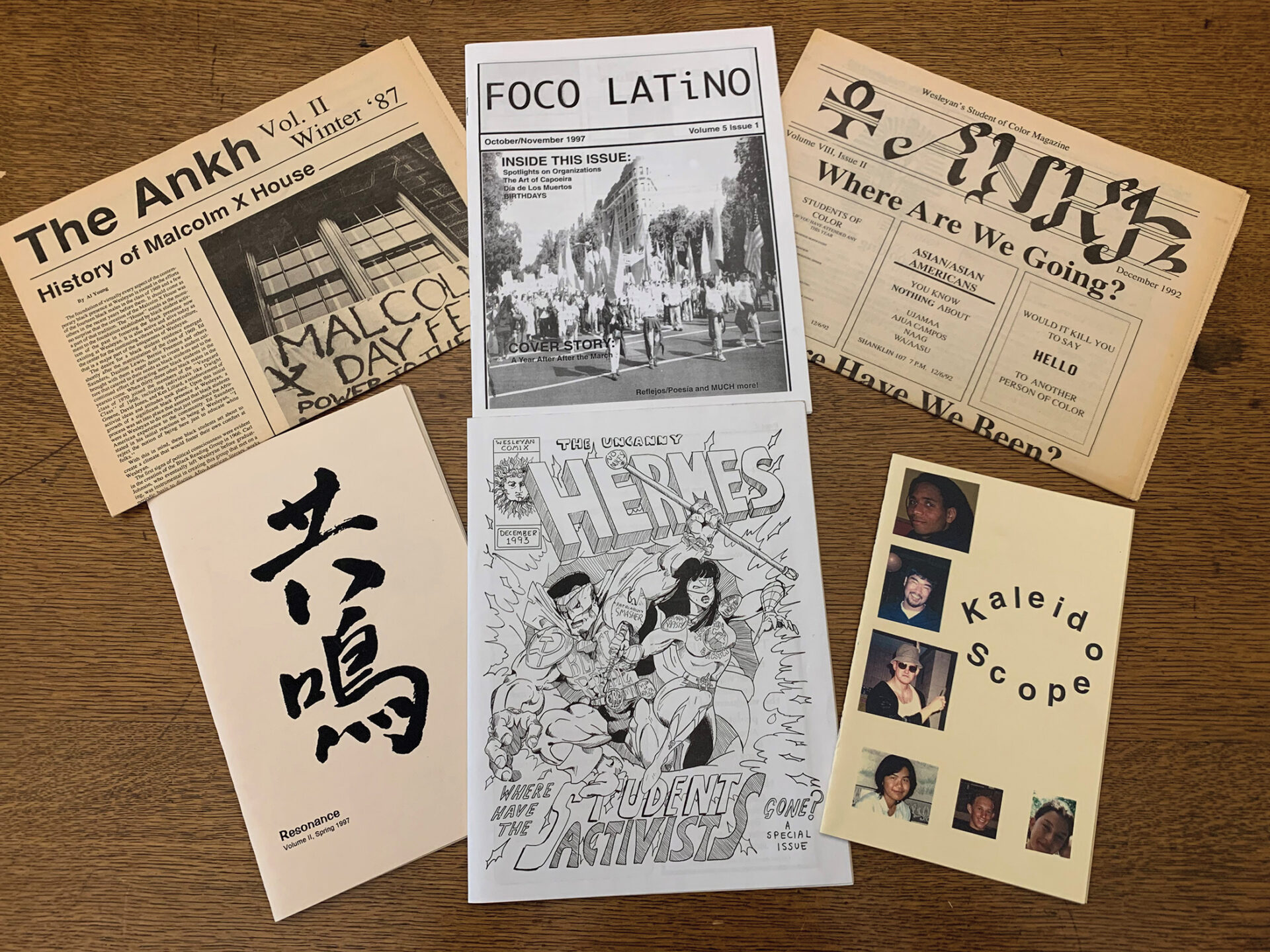GEOLOGIST TO GOVERNOR: LIVING THE OPPOSITE OF WOE
Irrepressibly optimistic, funny, self-deprecating, at times self-doubting but driven to tackle difficult challenges. These qualities shine through in John Hickenlooper ’74’s autobiography, The Opposite of Woe: My Life in Beer and Politics.
IT WAS IN a moment of self-doubt, or perhaps profound personal insight, that Hickenlooper chose Wesleyan over Princeton in 1970. He confesses now that he didn’t think he was good enough for Princeton, but adds,
“I had a feeling that Princeton would be a bit too conservative, too buzz-cut and buttoned- down for me, and that Wesu’s long-haired liberal arts types would be more my crowd.” He was right.
Hickenlooper’s time at Wesleyan was remarkable for its longevity, and he devotes three chapters to “ at Decade I Spent in College.” With candor unlike any politician bent on image burnishing, he tells in detail how he had his heart broken in love.
An English major, he discovered his interest in geology in the second semester of his senior year, when he attended a lecture with a friend and found himself captivated by a discussion of leach elds and perc tests. He stayed on as a special student to take courses in geology as a prerequisite to being admitted into the master’s degree program, and received his degree in 1980.
When Hickenlooper’s first career as an oil geologist crashed in the 1980s oil bust, he turned his attention from black gold to golden ale, establishing Wynkoop Brewing Company, Denver’s rst microbrewery.
Wynkoop helped Hickenlooper gain a solid understanding of the needs of small business owners, providing an outlet for his natural desire to work with others to get things done. With investors skeptical and in short supply, Hickenlooper’s gamble on Wynkoop was risky but prescient: Microbreweries took off, Wynkoop prospered, and Hickenlooper’s rep- utation began to grow.
In 2001 controversy erupted over a plan to sell the naming rights for Denver’s new stadium, replacing the historic Mile High Stadium, home of the Broncos. Denver’s mayor enlisted Hickenlooper’s support in ghting the effort. The “skinny restaurateur,” as Sports Illustrated called him, found himself in front of banks of television cameras: the citizen-leader of a successful ght to retain “Mile High” as part of the name.
To say it was an easy road from there to the mayor’s office would do an injustice to the book’s riveting account of how Hickenlooper turned a long-shot bid into a landslide win. With a savvy approach to budget and other di cult matters, he became one of the country’s most popular mayors. In this, he was aided by Michael Bennet ’87, who le a lucrative private sector position to become Hickenlooper’s chief of sta and later, superin- tendent of schools. Bennet, now U.S. Senator from Colorado, brought a seasoned ability to negotiate complex nancial deals.
Opposite of Woe does not imply eternal sunshine. Hickenlooper had many di cult moments as mayor, and as governor he has faced severe personal and professional chal- lenges: the dissolution of his marriage, the mass shooting in Aurora, huge wild res, and a ood of biblical proportions. He engaged in tough battles over bills pertaining to gun con- trol and civil unions, and his advocacy of both cost him politically. roughout, the “opposite of woe” has meant a refusal to be crushed by reversals and, as he puts it, to maintain a “giddyup” attitude towards life’s travails. A reader can’t help but feel upli ed by this entertaining account of an unconventional life.


